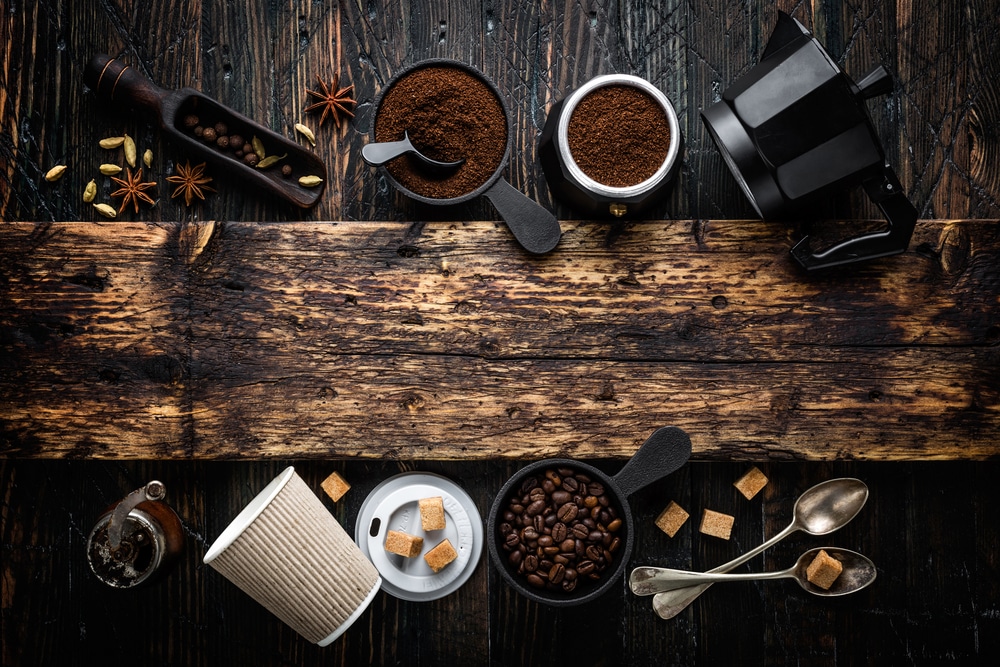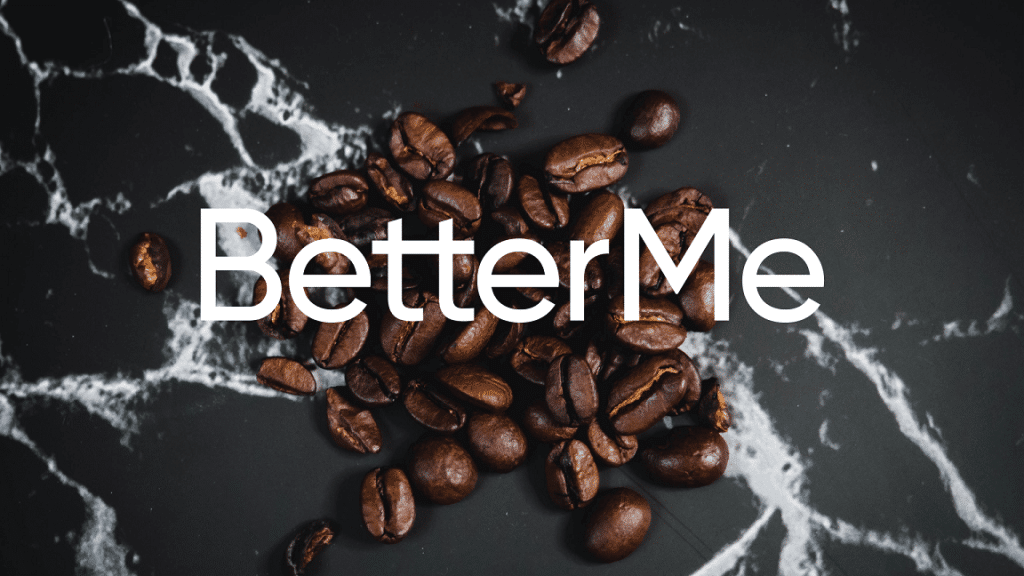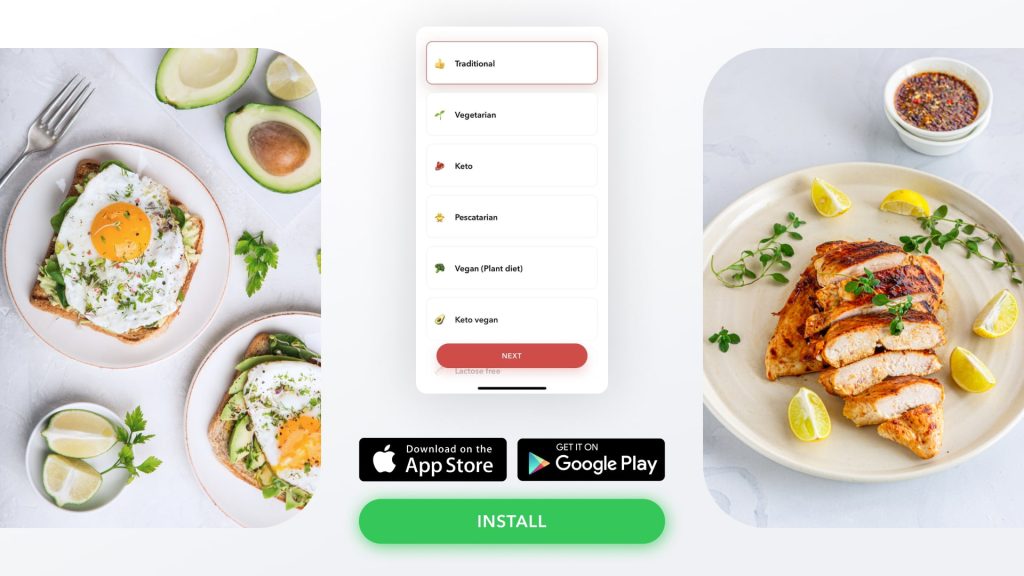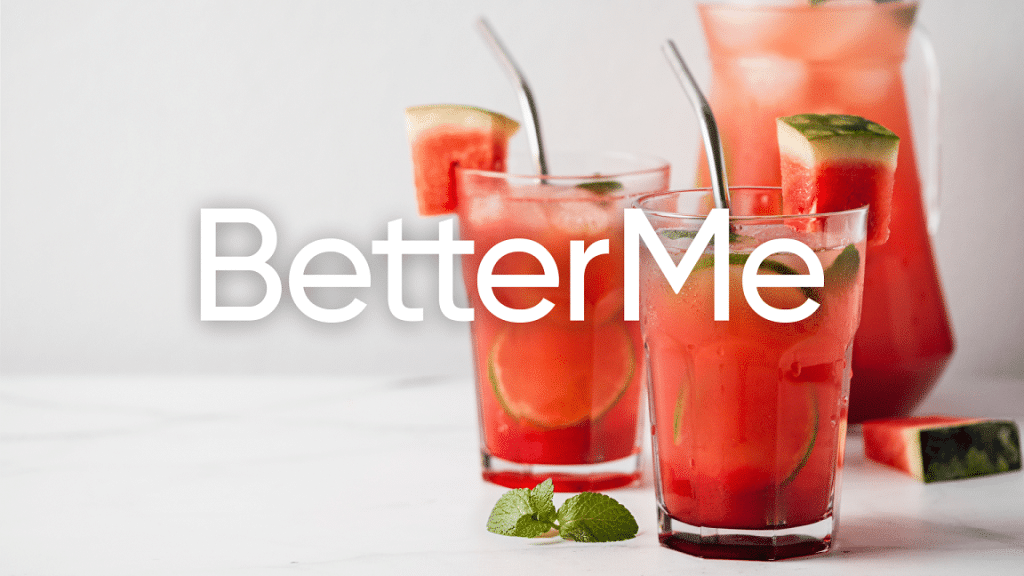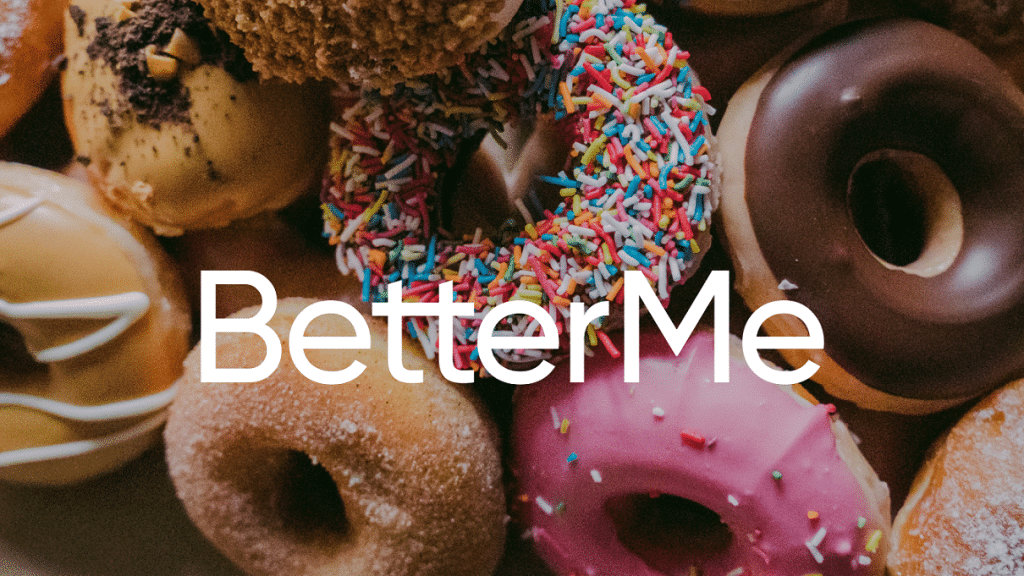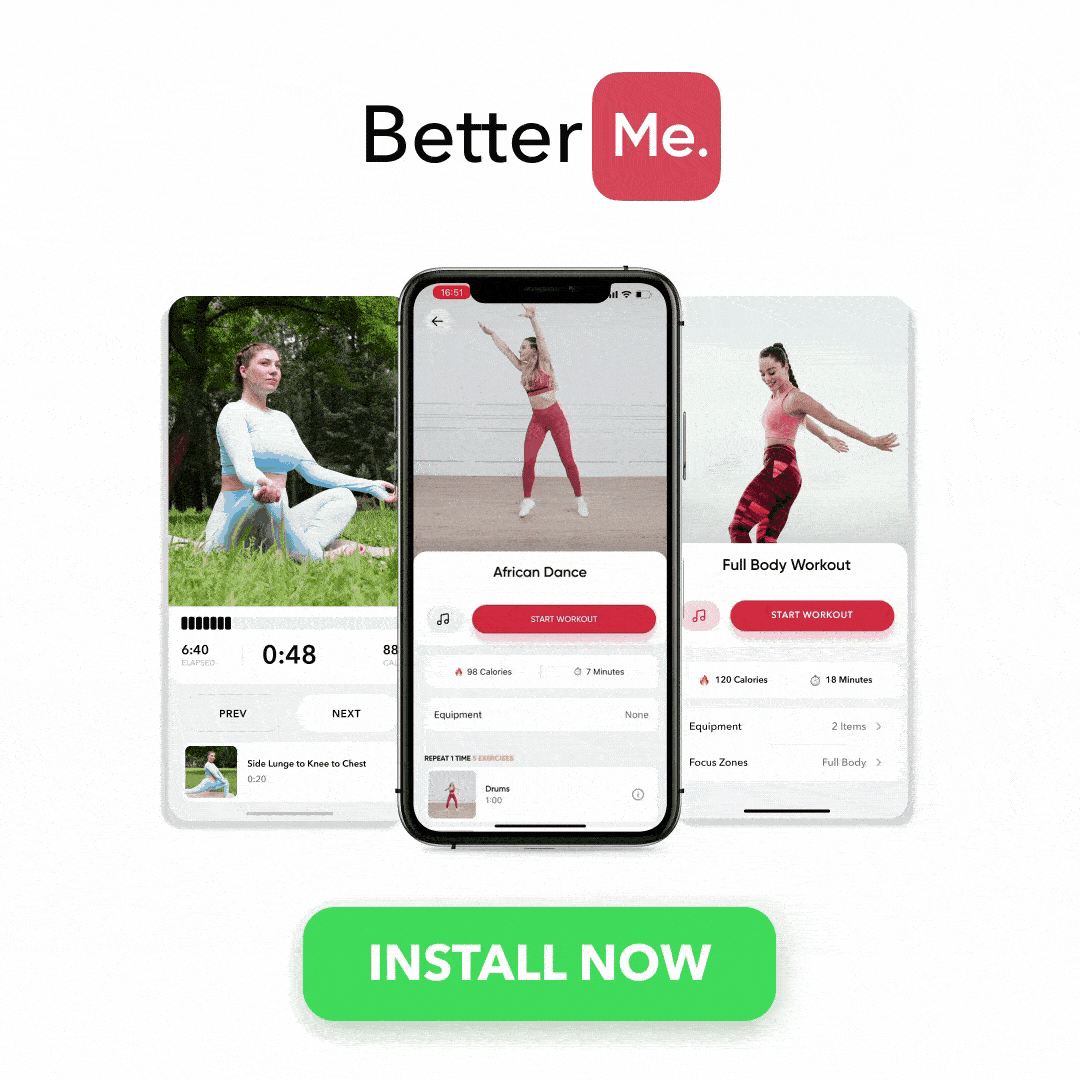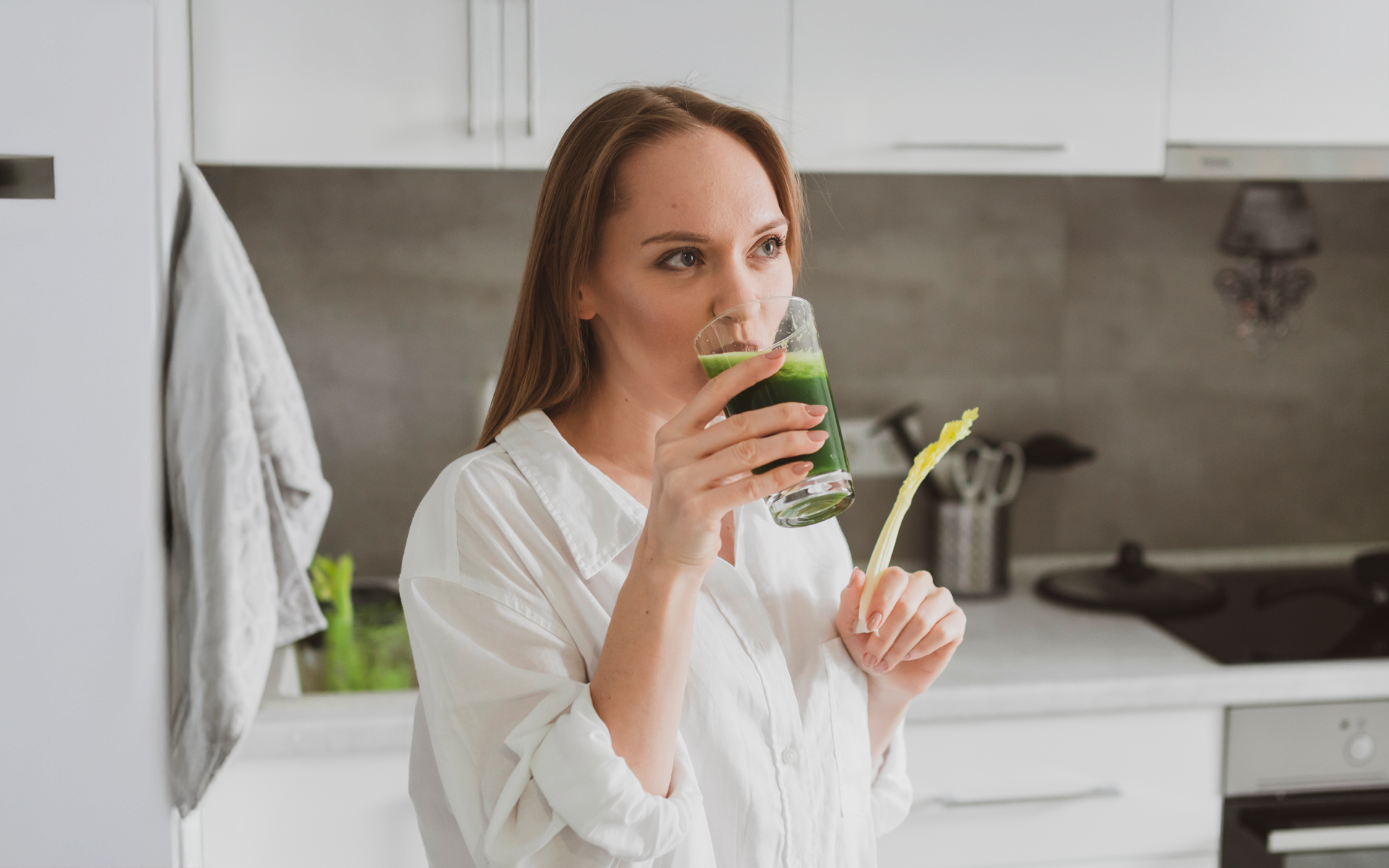Periods are often accompanied by fatigue, mood swings, cravings, and cramps. You may also experience intense and insatiable cravings for fatty and sugary foods. This makes the days before, during, and after your period difficult to get through.
The cravings often make you reach for certain foods, some of which may worsen your period cramps, and this is the last thing you want to happen. So, does coffee make cramps worse? We take a look at coffee and other foods that can worsen period cramps.
Why Does Coffee Make Menstrual Cramps Worse?
Most women experience premenstrual syndrome symptoms like fatigue, nausea, vomiting, mood swings, increased appetite, and food cravings. They usually begin anywhere between a few days and two weeks before your period. For some, these symptoms last during their periods (7).
Of these symptoms, cramping caused the most discomfort. An increase in the levels of prostaglandins causes the uterine muscles and blood vessels to contract. Period pain is most intense at the beginning of your period, but as the bleeding continues and the endometrium is shed, the pain lessens (6). Painful periods are referred to as dysmenorrhea.
But does drinking coffee make menstrual cramps worse? Coffee is a favorite of many. Most drink it on the commute to work or in the evenings to boost alertness. A good number are also dependent on this beverage and may experience withdrawal headaches. However, most people are unaware of the fact that coffee worsens your period.
You may have heard a thing or two about coffee being good for your health and still probably wondering if it makes period cramps worse. Yes, drinking coffee can intensify period pain. If you want to make those days during your period less miserable, laying off the coffee might be best.
Are you still wondering why coffee makes my cramps worse? Coffee contains caffeine which is a vasoconstrictor (3). This means it causes your blood vessels to constrict (narrow) and decrease blood flow to the uterus. The decreased blood flow to the uterus can further worsen your period cramps.
Consumption of this beverage is believed to have several health benefits, but you can forego it during your periods. Avoid coffee completely during this time of the month if possible. If you cannot stay away from coffee at this time, try reducing your intake as much as you can. Try taking just one cup of coffee a day instead of the 3 or 4 cups you are used to.
Caffeine may also increase your anxiety and irritability levels and worsen bloating. Other caffeinated drinks such as soda, guarantee, and energy drinks also have the same effect. More so, they are often high in sugar and high in calories, so limiting their intake is beneficial during your period and to your health.
It is important to note that long-term use of caffeine affects the length of your periods. Studies show that high caffeine consumption has been linked to prolonged and heavy periods and oligomenorrhea (inconsistent and irregular periods) (2).
Read More: Coffee Weight Loss Tips to Help Secure Your Weight Loss Success
Other Foods That Can Make Your Period Cramps Worse
Unfortunately, coffee is not the only beverage that is associated with severe menstrual cramps; there are also several other foods. They may also make you feel more bloated and tired.
Periods are usually accompanied by increased food cravings and appetite. The intense desire for chocolate and fatty foods makes it hard to say no and make healthy meal choices. Towards your periods, progesterone levels increase, causing an increase in your appetite.
Much as it can be challenging, avoiding these foods helps avoid worsening your period cramps. The good news is that there are also foods that can provide period cramp relief. Some foods that help with cramp relief include ginger tea, peppermint tea, bananas, and vegetables, such as kale and spinach, since they are rich in magnesium.
If you are craving sugary foods, eat sweet fruits like grapes, oranges, or strawberries. With chocolate, go for the dark chocolate varieties. And usually, a square or two should be enough to help with the cravings.
Below are some of the foods and drinks you should stay clear of during your periods:
Fatty Foods
During your periods, you may crave fatty foods such as french fries. You might be tempted to give in to your cravings, but eating foods high in fats may worsen your period pain. Fats play a role in the biosynthesis of prostaglandins (10). Prostaglandins make your uterus muscles contract, which could worsen the cramping.
Much as it may be difficult to say no, stay clear of any excessively fatty foods. Most of the foods we enjoy are fat-filled, including crisps, potato chips, and french fries. Fill up on healthy foods such as whole grains, nuts, seeds, and vegetable smoothies.
Dropping pounds by the dozens without putting yourself through the wringer is everyone’s weight loss pipe dream. But what if we told you that the BetterMe app can make that happen? Keep yourself in prime shape with our fat-blasting workouts, delicious budget-sparing recipes, and body-transforming challenges with our app!
Salty Foods
It can be challenging to follow a low-sodium diet during this time of the month. This, however, is advised to protect yourself from the effects of bloating. An increased sodium intake causes excessive water retention, which makes the period symptoms worse (8).
You might need to reduce your salt intake a week or two before the beginning of your periods to have yourself acclimated beforehand. However, you can use salt to relieve period symptoms by mixing a little table salt with warm water and massaging yourself with a towel.
Alcohol
While most of you might crave a cold glass of beverage, alcohol should certainly not be the best choice during periods. Alcohol is a diuretic. This means that it increases the rate of dehydration in the body by increasing urination. Dehydration is known to make period cramps much worse. It is best to stay hydrated by drinking water frequently during this time.
Additionally, drinking during periods can affect the balance of estrogen and progesterone hormones. An increase in either worsens premenstrual symptoms such as easy irritability and increases prostaglandins, worsening cramps (9). Laying off the bottle may make the effects of the periods a little bearable.
Dairy
Calcium helps reduce menstrual cramps, but this is not the case for dairy, which is also a good source. Dairy products include cheese, milk, yogurt, butter, and ghee. These foods naturally contain arachidonic acid that is a precursor for prostaglandins, which intensify the period cramps(1). Some commercial milk preparations may also contain bovine prostaglandins (4).
Avoid dairy during this period, even if you are a fan of them. This includes ice cream, which many tend to overeat when their mood is low, which is often the case with periods. You can opt for other sources of calcium, such as nuts, chia seeds, and vegetables.
Read More: 9 Essential Nutrients Or Why You Should Include Milk To Your Daily Menu
Sugary Foods And Drinks
Before and during your periods, your sugar levels are off. This is because of the hormone fluctuations. After ovulation during the second half of your menstrual cycle, progesterone levels are high. Several studies show that progesterone is linked to temporarily increased insulin resistance (5).
This phenomenon is known as luteal phase insulin resistance. So because of this, your blood sugar is more difficult to control. Eating sugar can make this worse as it can cause spikes. This worsens the mood fluctuations and fatigue, which makes the already unbearable period cramps worse.
Most of these sugary foods are also high in calories, so they are bad news for your weight. During these few days of your period, avoid eating any sugary foods and drinks. To get through the cravings, eat fruit instead of reaching for a pack of oreo or candy.
Want to build an attention-grabbing bubble butt, blast away fat that’s stored in all the wrong places, spring-clean your diet, turn back the clock on your skin, skyrocket your self-confidence and shatter your insecurities? Check out the BetterMe app and set this plan in motion!
Other Causes Of Severe Menstrual Cramps
Besides foods, there are several other causes of severe menstrual cramps. The medical causes of menstrual cramps include:
- Endometriosis. This is a condition where tissue similar to that lining the uterus (endometrium) grows and implants itself outside the uterus. It commonly involves the fallopian tubes, ovaries, and tissue lining the pelvis.
- Uterine Fibroids. Also known as myomas, fibroids are benign tumors that develop in or around the uterus. These non-cancerous growths can worsen pain during periods.
- Pelvic Inflammatory Disease. PID is a disease of the female genital tract that affects the ovaries, uterus, and fallopian tubes. It is caused by different types of bacteria that are usually transferred through intercourse. The most common symptom is lower abdominal pain. If left untreated, it can be life-threatening as the infection might spread to the blood.
- Cervical Stenosis. This is a rare condition where the cervix is narrow and small. It often has no symptoms. But it can slow menstrual flow, causing pressure to increase within the uterus resulting in pain.
- Adenomyosis. This is a disorder where the endometrial tissue grows into the muscular wall of the uterus, causing pain and inflammation. As the wall grows thicker, it can cause heavy, prolonged bleeding and pain.
Conclusion
Periods can be a nightmare because of the cramps, fatigue, bloating, mood fluctuations, and food cravings. Several foods can aggravate the pain and leave you feeling worse. Unfortunately, most of the foods with this effect are some of our favorites.
Try to avoid any foods that worsen your periods, and this includes coffee. If you use coffee, limit it to one cup a day. You can also go for decaf or tea without caffeine, such as peppermint and chamomile tea.
DISCLAIMER:
This article is intended for general informational purposes only and does not address individual circumstances. It is not a substitute for professional advice or help and should not be relied on to make decisions of any kind. Any action you take upon the information presented in this article is strictly at your own risk and responsibility!
SOURCES:
- Arachidonic Acid – an overview (n.d, sciencedirect.com)
- Association between menstrual disturbances and habitual use of caffeine (2014, sciencedirect.com)
- Caffeine’s Vascular Mechanisms of Action (2010, ncbi.nlm.nih.gov)
- Hormones in Dairy Foods and Their Impact on Public Health – A Narrative Review Article (2015, ncbi.nlm.nih.gov)
- Longitudinal Study of Insulin Resistance and Sex Hormones over the Menstrual Cycle: The BioCycle Study (2010, academic.oup.com)
- Period pain: Overview – InformedHealth.org – NCBI Bookshelf (2008, ncbi.nlm.nih.gov)
- Premenstrual syndrome (2011, ncbi.nlm.nih.gov)
- Relation between sodium balance and menstrual cycle symptoms in normal women (1996, pubmed.ncbi.nlm.nih.gov)
- The relationship between alcohol consumption and menstrual cycle: a review of the literature (2015, ncbi.nlm.nih.gov)
- The relationship of dietary fats to prostaglandin biosynthesis (1979, pubmed.ncbi.nlm.nih.gov)
